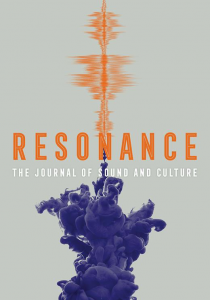Twenty-five years ago, a first-time collaboration between the Smithsonian Institution and National Public Radio began airing on hundreds of NPR affiliate stations throughout America.
Wade in the Water: African American Sacred Music Traditions was an ambitious series of 26 hour-long documentary programs. It explored 200 years of black sacred music, including spirituals, ring shouts, lined hymns, jazz, and gospel.
The series also featured the insights of music creators, performers, listeners, and historians who could place African American sacred music traditions within the social, political, and cultural context of their times.
Mahalia Jackson and The Mighty Clouds of Joy. The Fisk Jubilee Singers and the Five Blind Boys of Alabama. Paul Robeson and Mary Lou Williams. Kirk Franklin and Take 6 were just a few many artists featured in the series.
Conceived and hosted by Smithsonian Institution curator, artist, and MacArthur Foundation “Genius” Fellow Bernice Johnson Reagon, Wade required an intensive, five-year-long fundraising, research, and production journey of commitment. Wade eventually won a Peabody Award and other awards of distinction.
My article, “Wade in the Water: The Making of a Groundbreaking Radio Documentary Series,” was just published in the exciting inaugural edition of the Univerisity of California Press’, Resonance: The Journal of Sound and Culture. This article describes Wade’s production journey from the vantage point of an insider – I served as the series’ associate producer. And this piece provides a personal reflection on the making of a series that would set the standard for future long-form, NPR-based music documentary productions.
So I invite you to read, listen to and enjoy these love letters to African American sacred music in all of its many forms!
